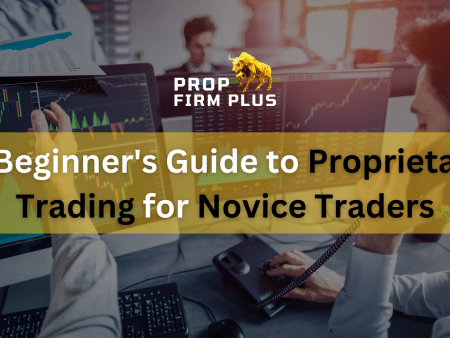It’s likely that you have considered trading futures as a career if you have experienced a prolonged period of market success. After all, it’s a quite alluring idea to be able to leave the office behind and succeed just through strategy and trading acumen.
Although a nice concept, is it really doable? The answer is mostly dependent upon two factors: a well-thought-out trading plan and your initial investment cash. Let’s examine some of the essential requirements for success in order to better grasp what it takes to trade futures for a living.
Value of Having a Financial Safety Net
For traders, fear is poison. Your trading tactics will undoubtedly suffer if you are overly leveraged. If you have prolonged losses, a lack of capital may cause you to become overly aggressive in an attempt to recoup those losses. It can also make you overly cautious in situations where the market calls for boldness.
Now picture yourself in this scenario when your trades are your main source of income. In this situation, fear or uncertainty drives you away from your best course of action much easier and has a bad impact on your futures trading strategies. It is imperative that you have enough risk money before starting for this very reason.
This usually translates into a fully funded account and enough cash to last you for at least a year. To make $60,000 in profits a year, assuming you can obtain 15 percent yearly returns, you will need to deposit $400,000 into this account. Naturally, this only applies to professional traders; several futures prop firms allow accounts to be created with as little as $5,000. Being cautious when estimating returns is preferable because it will give you more leeway once you start.
Futures Trading Basics
It’s crucial to approach futures trading as any other new business endeavor when you do it as a profession. Maintain regular hours, and seek out guidance and social connection from others in the trade community. You’ll feel well and in control if you follow this through.
A plan is also necessary. Your trading strategy should, like a business plan, outline your short- and long-term trading objectives, the markets you’ll trade in, your tactics, risk controls, and a progress chart. It is crucial to maintain thorough documentation of each deal and to revise your plan as necessary. You’ll eventually figure out what tactics work best and which ones to steer clear of. Moreover, establish guidelines for making, managing, and closing trades. Resist the temptation to take excessive profits too soon or to let losses get too big.
In general, think of your trading plan as a dynamic road map that directs you toward your ultimate financial objectives.
It’s also strongly recommended that you take the time to study foundational literature on futures trading and explore the most recent tactics available unless you have prior experience with the field. Being ready is essential if you trade for a living because you will be competing against experts who have access to more resources, knowledge, and experience than you do.
Last but not least, while it’s nice to practice spread trading, it’s crucial to refrain from over-extending oneself. As a novice, it could be a good idea to focus on only one market at first and try to understand its peculiarities or “personality.” You can gain traction more quickly by concentrating on a single market.
The Bottom Line
It’s a great idea to trade futures for a living, but in order to succeed, you’ll need enough initial funding and a well-thought-out trading strategy. You’ll also require the appropriate technological tools and a trading platform that provides quick, dependable access.
If you can fulfill each of these requirements, you’ll be well on your way to becoming a profitable trader.











